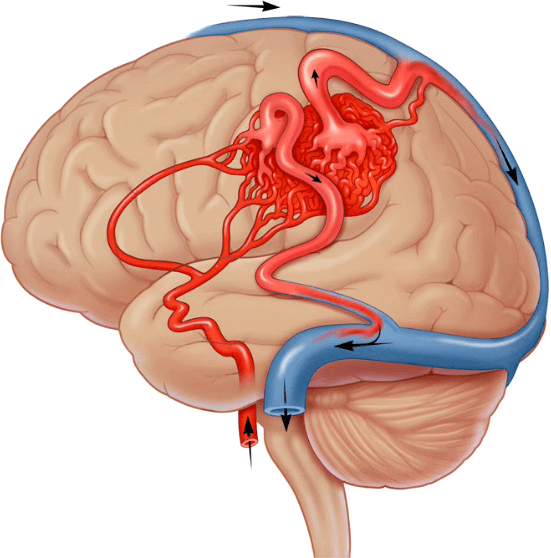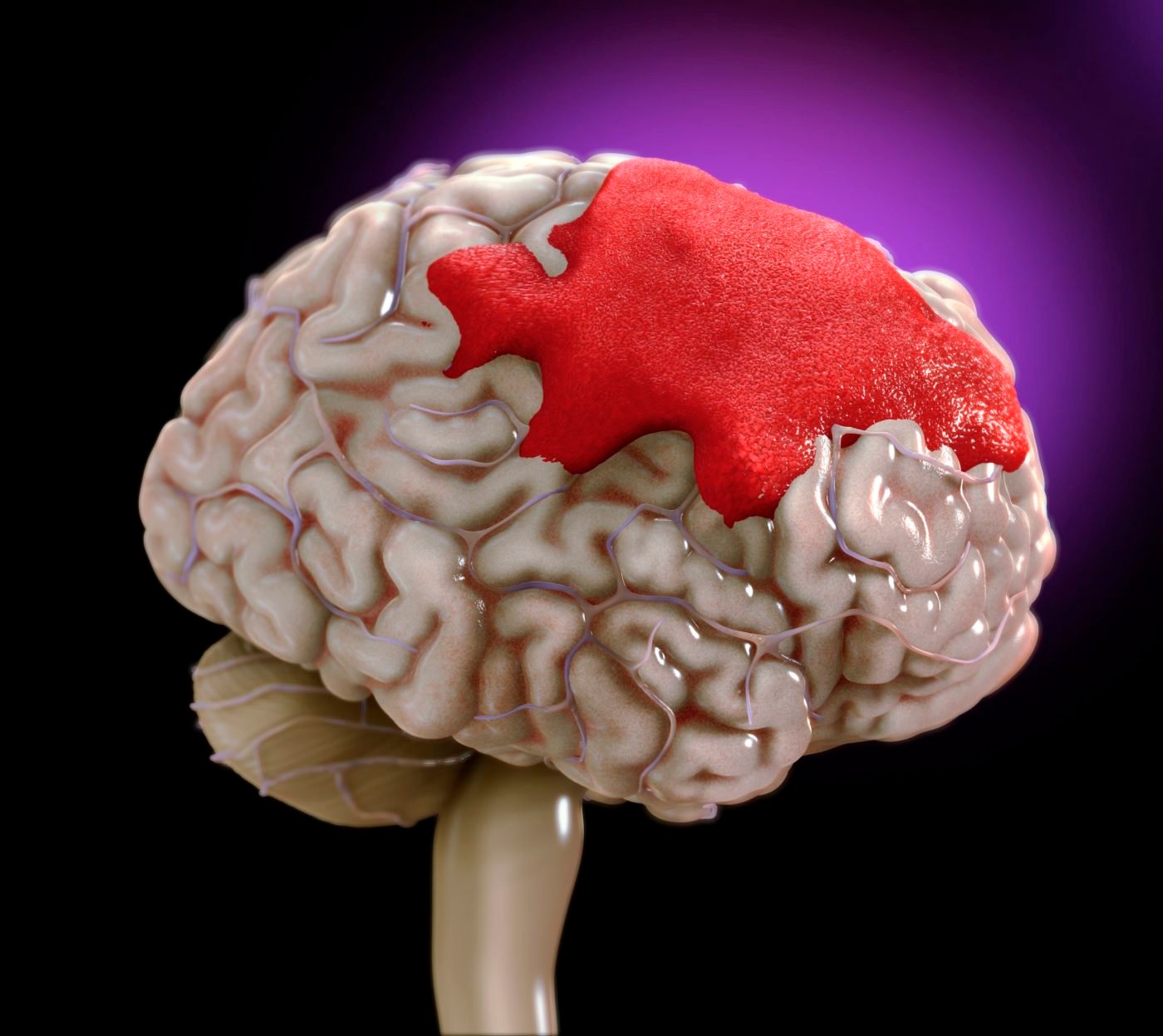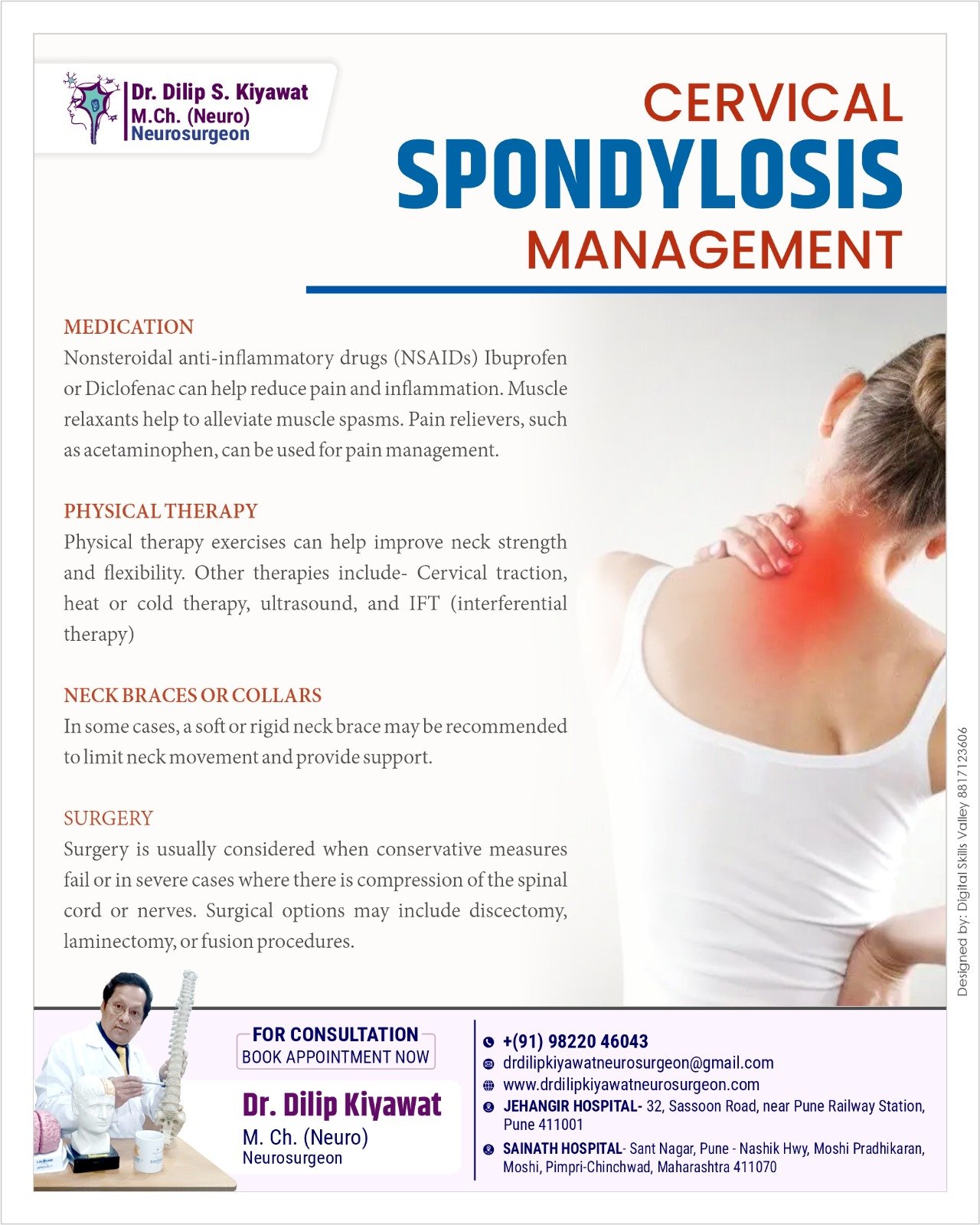Cervical spondylosis, commonly known as neck arthritis or cervical osteoarthritis, is a degenerative condition affecting the cervical spine (neck region). It is a common condition that typically occurs due to aging and wear and tear on the cartilage and bones in the neck. In this blog, we will explore various management and treatment options available for cervical spondylosis.
Medication
Nonsteroidal anti-inflammatory drugs (NSAIDs) such as ibuprofen or diclofenac can help reduce pain and inflammation associated with cervical spondylosis. Muscle relaxants are often prescribed to alleviate muscle spasms. Additionally, pain relievers like acetaminophen can be used for managing pain.
Physical Therapy
Physical therapy exercises are essential in improving neck strength and flexibility. Various therapies, including cervical traction, heat or cold therapy, ultrasound, and Interferential Therapy (IFT), can be beneficial.
Neck Braces or Collars
In some cases, using a soft or rigid neck brace can be recommended to limit neck movement and provide support, helping to alleviate pain and prevent further injury.
Surgery
Surgery is usually considered when conservative measures fail or in severe cases where there is compression of the spinal cord or nerves. Surgical options may include discectomy, laminectomy, or fusion procedures to relieve pressure on the spinal cord and nerves.
Consultation with a Specialist
For those experiencing symptoms of cervical spondylosis, consulting a neurosurgeon is crucial. Dr. Dilip S. Kiyawat, a specialist in neurosurgery, offers comprehensive consultation and treatment options.
Contact Information:
Dr. Dilip S. Kiyawat,
M.Ch. (Neuro) Neurosurgeon
Phone: +91 98220 46043
Cervical spondylosis can significantly impact daily life, but with proper management and treatment, many individuals can find relief and maintain a good quality of life. If you or someone you know is suffering from this condition, do not hesitate to seek professional medical advice and explore the available treatment options.








